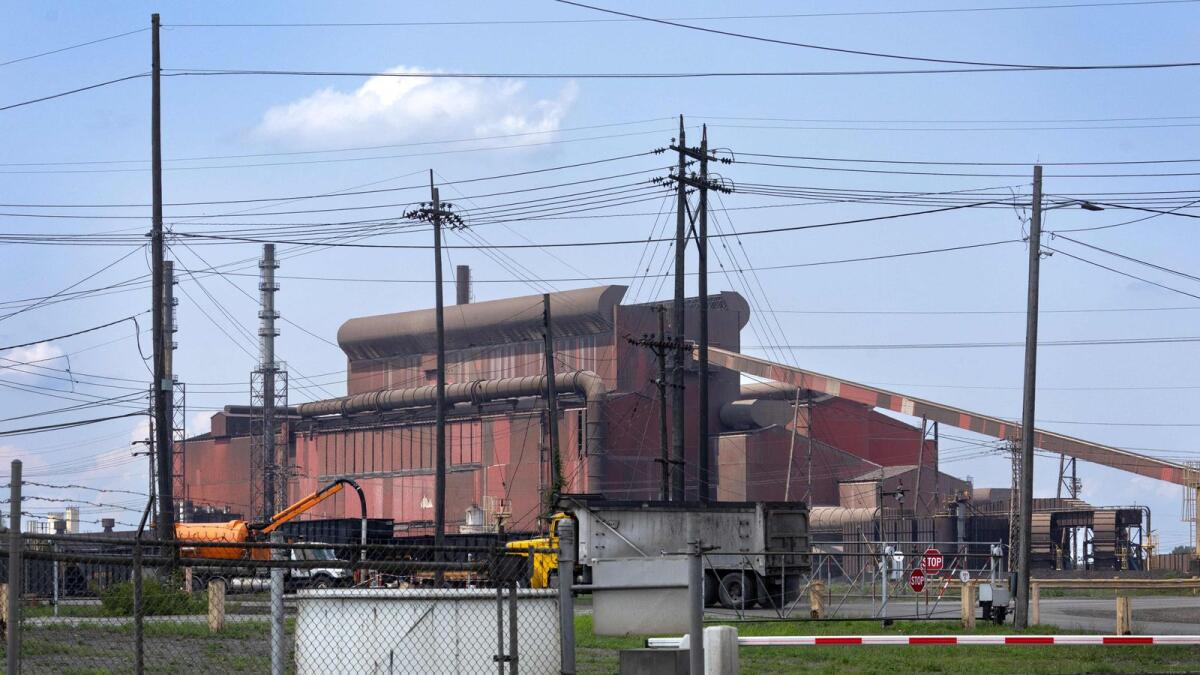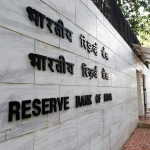U.S. Steel CEO David Burritt has warned that the company may close mills and move its headquarters out of Pittsburgh if the $14.9 billion buyout by Nippon Steel falls through. Nippon Steel had pledged nearly $3 billion to invest in U.S. Steel’s older mills, which Burritt stated was essential to remaining competitive and preserving jobs for workers. He emphasized that without the deal, they would not have the funds to continue operations. The deal has faced criticism from U.S. politicians and the United Steelworkers union, with concerns about the impact on domestic industries.
Both Democratic presidential candidate Kamala Harris and Republican nominee Donald Trump have weighed in on the issue, with Harris advocating for U.S. Steel to remain in domestic hands, while Trump stated he would block the deal if elected. U.S. Steel and Nippon Steel have tried to address these concerns and highlight the potential benefits of the acquisition. Nippon Steel has reassured that the core senior management and a majority of board members at U.S. Steel would be U.S. citizens under the deal.
Burritt also mentioned that with the expanded Arkansas mill, the company could close its Mon Valley steelmaking operation in Pittsburgh, potentially moving the headquarters to the South as well. The deal has already received regulatory approvals outside the U.S. and from U.S. Steel’s shareholders, and is currently undergoing regulatory review in the United States. The future of U.S. Steel and its operations hinges greatly on the outcome of this acquisition.
It is evident that the potential buyout by Nippon Steel holds significant implications for the future of U.S. Steel. The company’s CEO is emphasizing the importance of this deal in maintaining competitiveness, preserving jobs, and ensuring the viability of older mills. The involvement of politicians and unions in expressing concerns reflects the broader impact of the acquisition on U.S. industries and workers.
With the deal facing scrutiny and criticism, both U.S. Steel and Nippon Steel are working to address these concerns and highlight the potential benefits of the acquisition. The assurance that the management and board members will predominantly be U.S. citizens seeks to alleviate fears about foreign influence. However, the fate of U.S. Steel remains uncertain as the deal undergoes regulatory review in the U.S.
The potential closure of mills and relocation of the company’s headquarters underscore the significant changes that could result from the collapse of the Nippon Steel buyout. The shift in operations and leadership would mark a new chapter for U.S. Steel, impacting not only its workforce but also the communities where its operations are based. The outcome of this deal will have lasting effects on the steel industry and the broader economic landscape.











